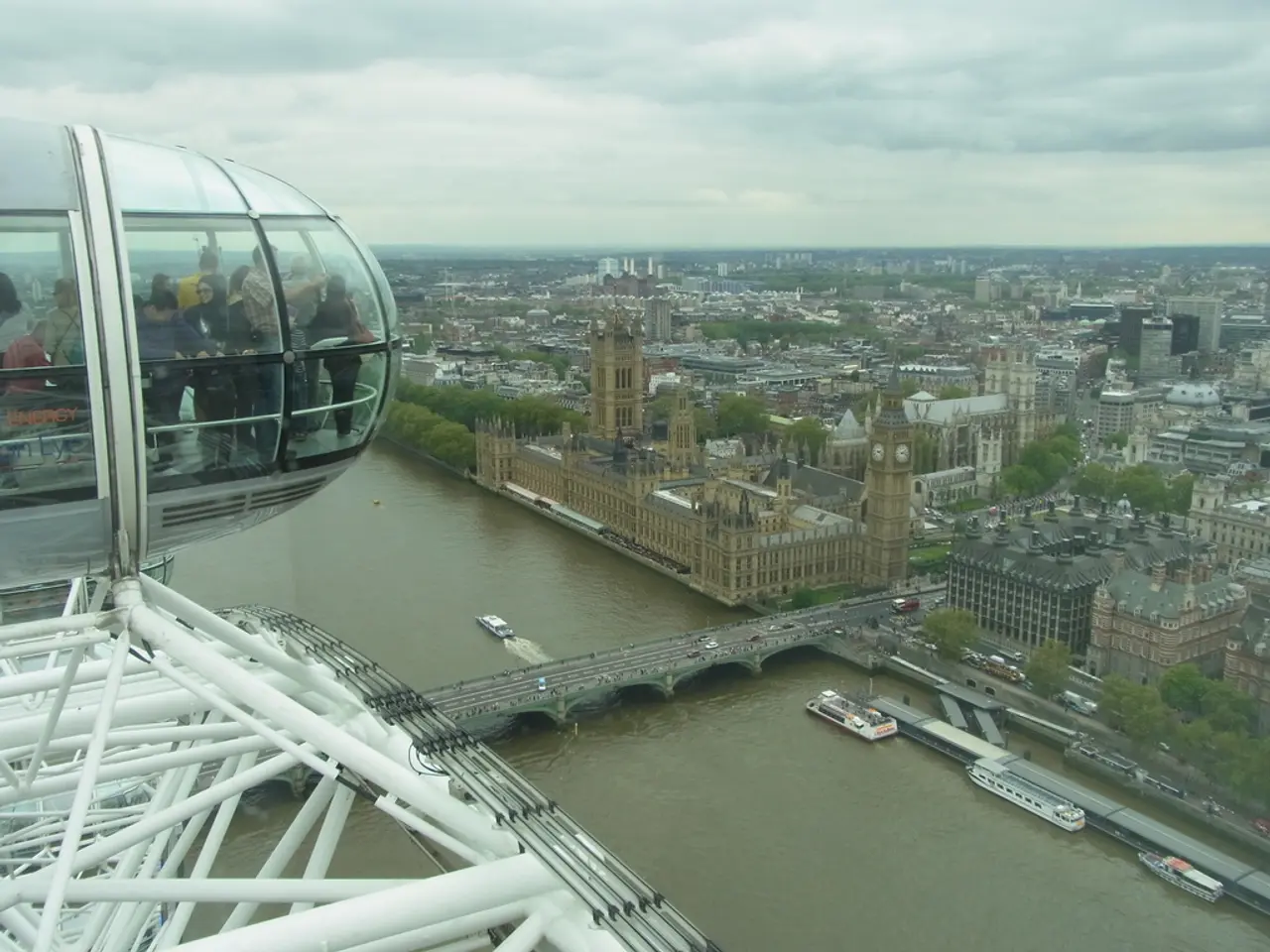Concluding the UK's "Fleeting Relationship" with Brexit
UK-EU Relationship Moving Towards a Pragmatic Reset
Following the UK's departure from the European Union, both sides are working towards a closer collaboration and a "reset" to improve ties. This new approach is evident in recent agreements and summits, aimed at easing trade barriers, deepening cooperation in energy and environmental policies, and exploring people-to-people mobility agreements.
Denis MacShane, a contributor to our platform, has stated that Brexit has been an example to all of Europe that leaving the EU brings no benefits. However, the current UK government is focusing on maximizing trade opportunities under the Trade and Cooperation Agreement (TCA) and expanding cooperation.
At the May 2025 UK-EU Summit, leaders agreed on advancing a Sanitary and Phytosanitary agreement to facilitate agri-food trade, linking emissions trading systems to support Net Zero goals, and exploring electricity trade cooperation to lower business costs. They also committed to annual summits to oversee implementation and future cooperation.
The UK is increasingly aligning with the EU on 21 policy areas, up from four areas last October, signaling both political will and practical convergence. This includes defence, security, energy, and competition policy.
Dialogue is underway about agreements resembling reciprocal youth mobility schemes, which would allow young people age 18 to 30 to study, work, and move freely between the UK and EU for limited periods. This indicates an effort to soften border rigidity in human mobility post-Brexit.
Stefan Stern, an accomplished writer and Visiting Professor in Management Practice at Bayes Business School, City, University of London, compares the potential UK-EU reconciliation to the end of a turbulent relationship in the movie "Brief Encounter." He suggests that, like the characters in the film, both sides may be ready to move on from their past differences and work towards a brighter future.
However, political sensitivities remain, particularly around issues like Gibraltar and Spain-UK relations. Spain insists on its approval role in future arrangements and emphasizes a balanced approach that respects EU unity.
In conclusion, the UK-EU relationship, while fundamentally changed by Brexit, is currently moving towards a pragmatic and forward-looking reset. The emphasis is on practical cooperation, gradual alignment in key policy areas, and targeted agreements to make trade and movement smoother, reflecting a mutual interest in stability and growth despite Brexit’s challenges.
The ongoing negotiations between the UK and EU are centered around policy areas, including defense, security, energy, and competition, demonstrating a focus on alignment and cooperation. The pragmatic reset in the UK-EU relationship is also steered towards addressing trade barriers, facilitating agri-food trade, and easing human mobility, as evidenced by the Sanitary and Phytosanitary agreement and discussions on reciprocal youth mobility schemes. Politics and general news concerning this matter highlight the importance of these agreements in shaping the future of this relationship, with renewed emphasis on fostering stability and growth despite the challenges posed by Brexit.







